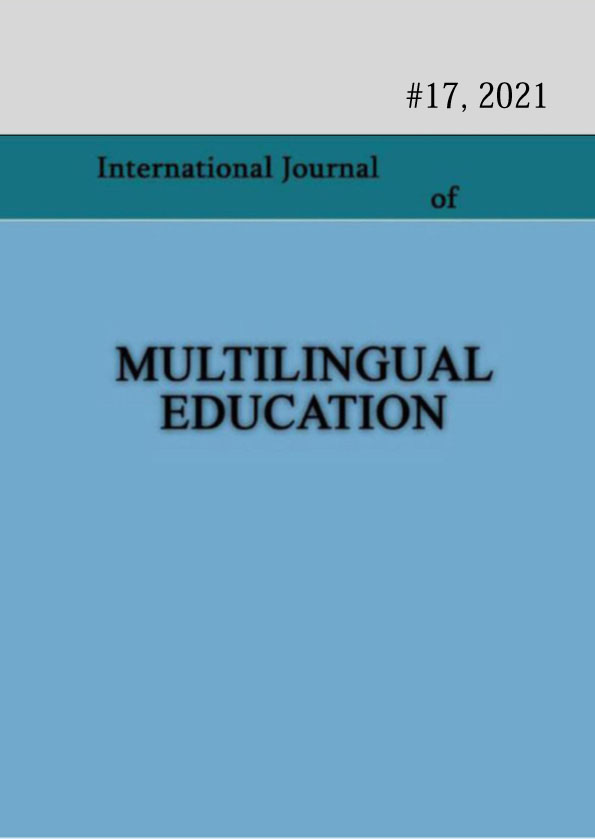Pseudo incorrect use of“singularetantum”formsin social media Georgian
Keywords:
Standard Language, Social Media Language, “singulare tantum”, Superlative, Second Language learning.Abstract
In language teaching, the standard language is the basis of the teaching content and offers learners a limited perspective of use in communication. The semi-spontaneous use of language in the web, on the other hand, generates grammatically unconventional forms that are simply declared wrong from the perspective of standard language. Dealing with such forms in second language teaching requires a linguistically based description of quasi "wrong" morphological forms and the consideration of a scientific explanation of such phenomena. The focus in the following is on the use of singular tantum (proper nouns) in the plural. Regular expressions can be used to search for the proper nouns in plural form in Georgian reference corpus in a focused way. In the Internet language, the use of place names (toponyms) in the plural form is increasing, which is simply grammatically incorrect from the perspective of standard language. If the authors of this incorrect use are considered, then it is very probable that there is an intention behind the incorrectness. That is the reason why there is a pseudo incorrectness here. The semi-spontaneous language on the internet creates a specific pragmatic environment in which the expressivity of language is additionally pushed out. Presumably, this increasing expressivity in most cases also affects proper names, more precisely - place names. This intentional grammatical error suggests a pragmatically based justification for the apparent mistakes. This deliberate grammatical error points to a pragmatically based justification of the apparent mistakes. The speakers put the place names in the plural in order to focus them and intensify the relevance of the meaning. This is a quasi-modal use with the help of the plural. The described pragmatic aspects of the phenomenon give reason to include it in language teaching and to point out that rigid grammatical rules can weaken in certain socio-cultural contexts.
Published
How to Cite
Issue
Section
License

This work is licensed under a Creative Commons Attribution-ShareAlike 4.0 International License.

